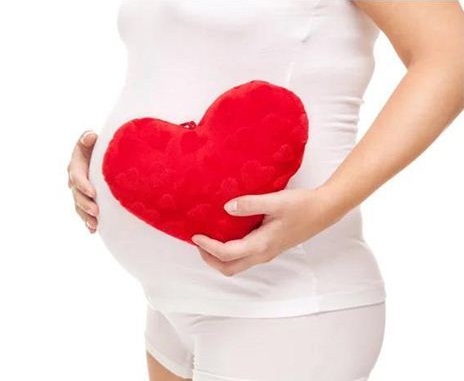Donor
Egg Donation / Embryo Donation
Egg donation is the process by which a woman donates eggs to enable another woman to conceive as part of an assisted reproduction treatment or for biomedical research.

How does the Process Work?
The procedure typically involves a doctor removing an egg or eggs from the donor, fertilizing them in a laboratory, and then transferring the resulting embryos into the recipient’s uterus. Doctors do this using an implantation procedure, such as in vitro fertilization (IVF).
Sometimes, specialists at the facility may freeze some or all of the embryos for later use or implantation in different women.
Egg donation frequently benefits women who cannot use their own eggs for various reasons, including ovarian failure, avoiding congenital anomalies in the fetus, or advanced age.
Our Doctor may Recommend Egg Donation If:
● If you have no ovaries, produce low-quality eggs, or no eggs at all. This may be due to premature menopause, an inherited condition such as Turner syndrome, surgery to remove your ovaries, or treatment for cancer using chemotherapy or radiotherapy.
● If you and your partner have been unsuccessful with other treatments, such as IVF.
● If you’re at risk of passing on an inherited disorder or chromosomal abnormality.
Our Doctor may Recommend Embryo Donation If:
● You and your partner are unlikely to conceive using your own eggs and/or sperm for fertility treatment.
● You or your partner is at risk of passing on a genetic disorder to a child.
